As we mentioned above, Amazon has already set an example in this regard by introducing their own IP Accelerator and offering small businesses affordable access to trademark and other legal services. But more broadly, this move underpins the trend of clients at all levels seeking partners who understand that they have choices, and perhaps more importantly, understand them and their unique needs.
COVID-19-related actions added to the already crammed caseload of 2020. For example, there was an increase in employment claims ranging from wrongful dismissal to failure to provide mandated COVID-19 sick leave.
Overall, we believe COVID-19-related internal investigations and corporate audits will skyrocket, which will fuel additional demand for privacy compliance services, and then, fuel even more demand for lawyers and counsel to help wade through these cases and corresponding privacy regulations. Legal professionals will require agile privacy and data-related workflows to handle this higher volume of requests.
One positive effect of 2020’s enforced deep dive into remote working is a new openness to innovation. We’ll see remote workers leading the creation of alternative technology models to solve problems as they arise, using no-code software, for example. Contactless transactions will grow and evolve. And, as suggested in an October 2020 report by Forrester Research Inc., businesses will increasingly equip their remote workforce with automated tools such as software bots, process automation, and artificial intelligence solutions — all while maintaining robust cybersecurity policies in place to ensure employee and company personally identifiable information remains secure outside of the office.[4]Law firms will face decisions about equipping remote employees for the long haul — at least much longer than first anticipated at the beginning of the pandemic. Equipment, security, and technology stipends might all be considered.
Furthermore, the emphasis on technology will drive new solutions for practicing lawyers, for use both internally and externally for clients. Opportunities to provide additional value to client services will follow using similar enhancements to technology software, data management and analysis tools, and security solutions, all in an effort to maintain fluid, remote working relationships, likely for the long term.
In summary, my perspective is that the crisis-fueled changes of 2020 will combine with the ongoing evolution in our industry to supercharge innovation and improvement in 2021. In other words, a smoother playing field for clients and legal professionals alike.
Find out how Level Legal can make a difference for you and contact us today.
Joey Seeber is CEO at Level Legal.
[1] https://www.thomsonreuters.com/en/press-releases/2…
[2] https://www.law.com/americanlawyer/2020/08/14/utah…


